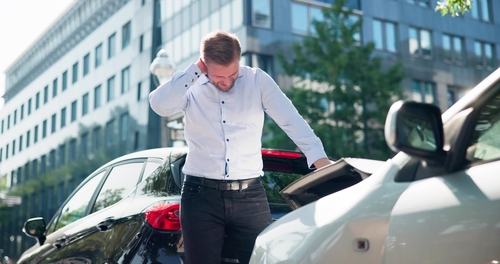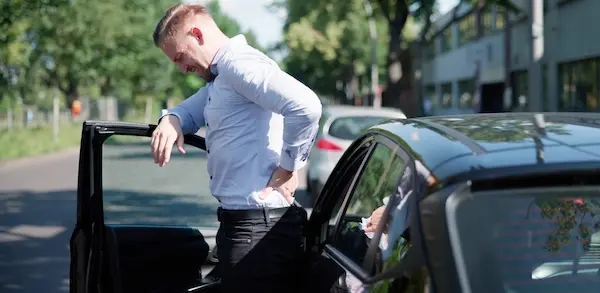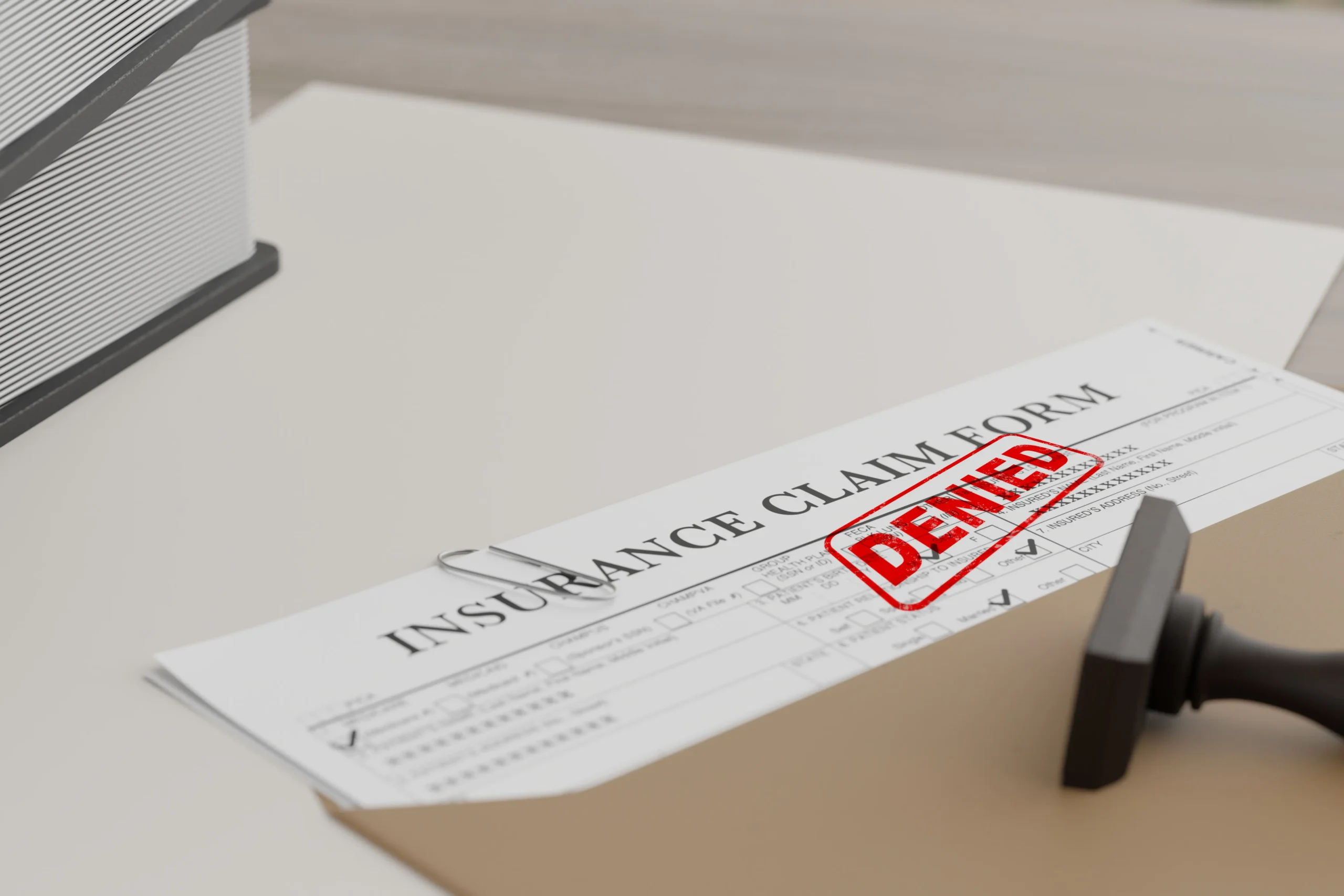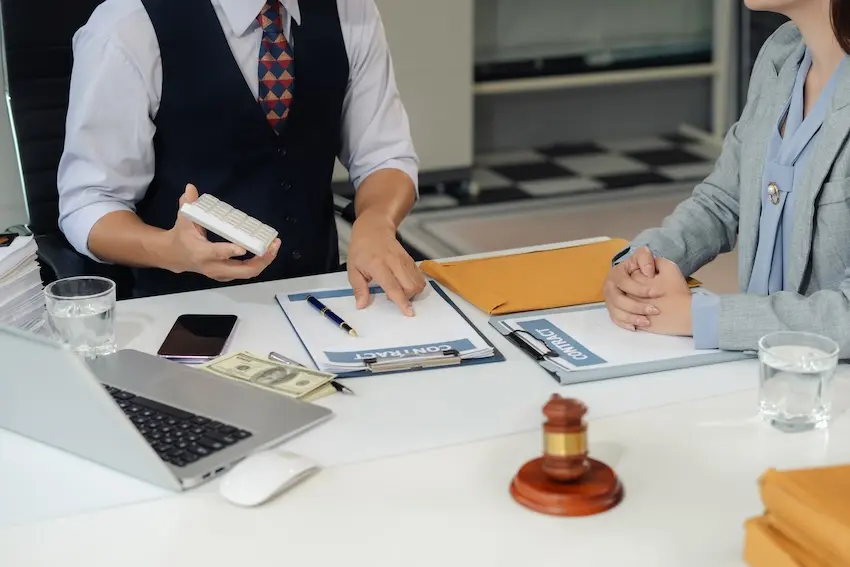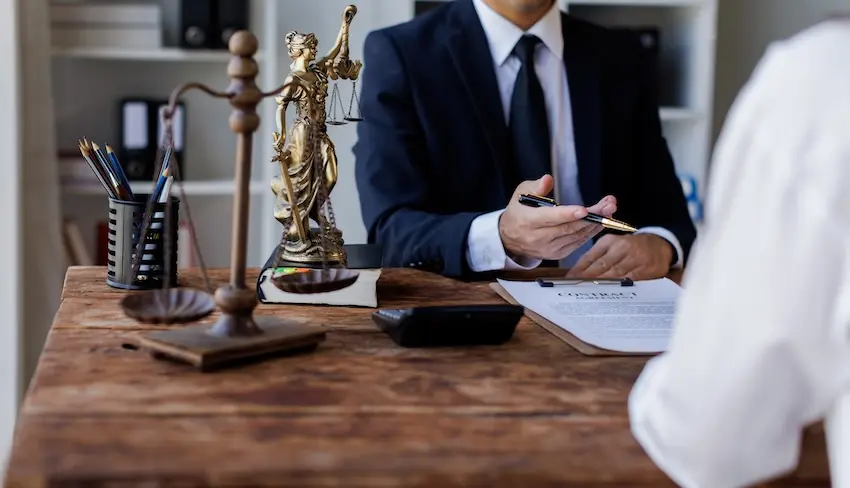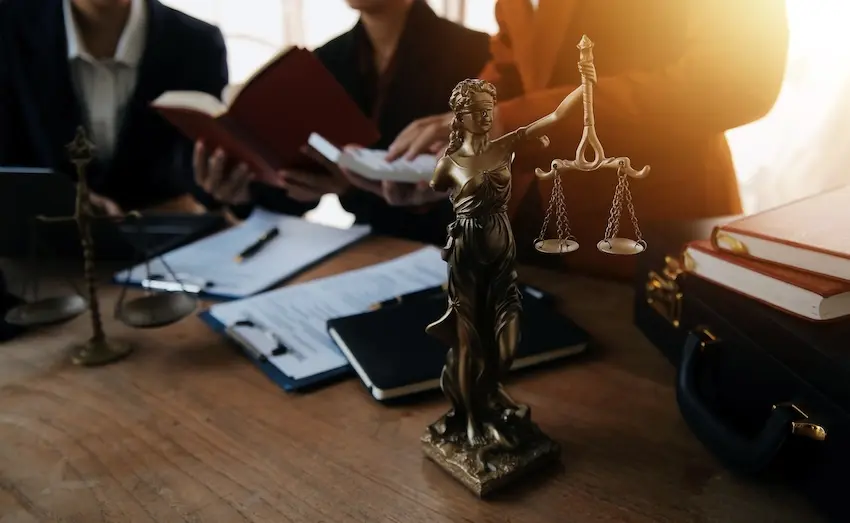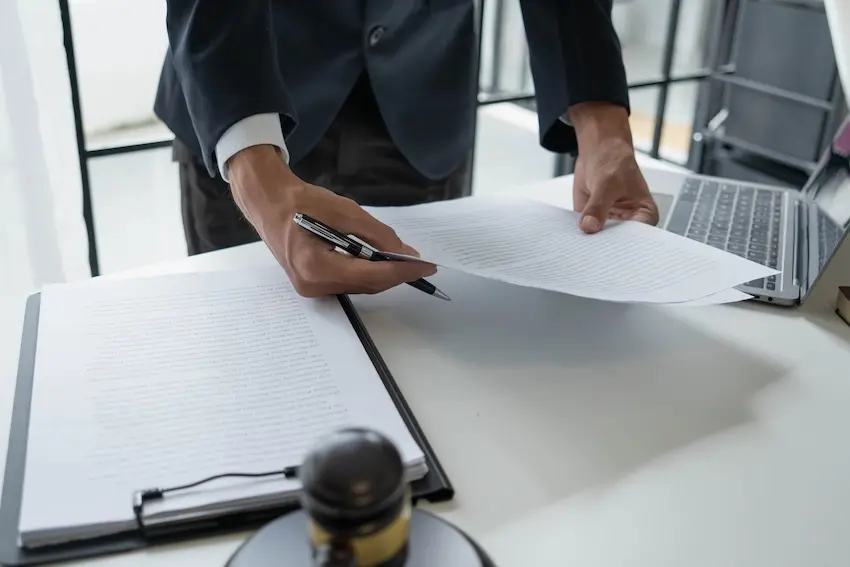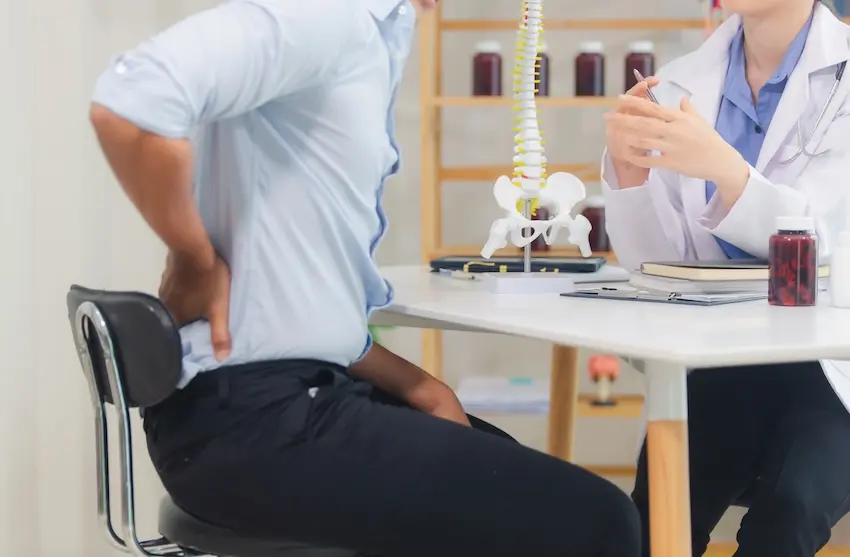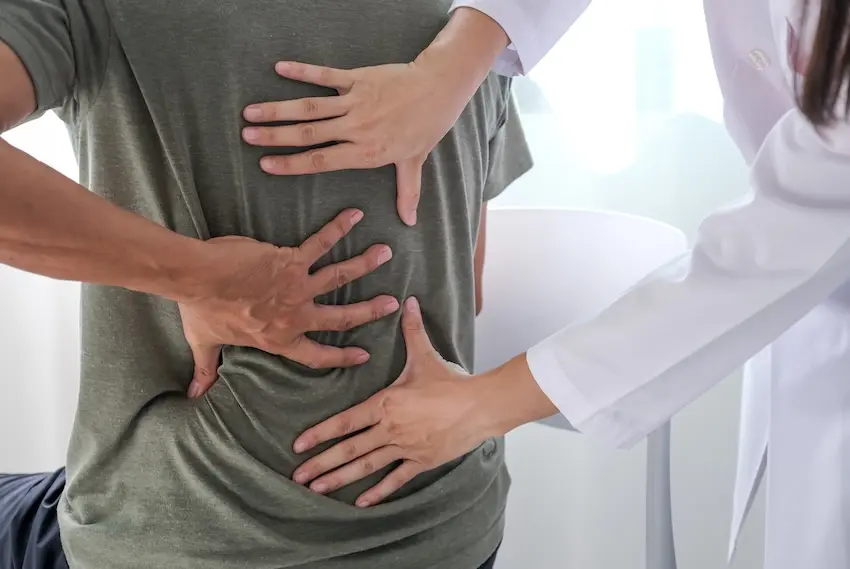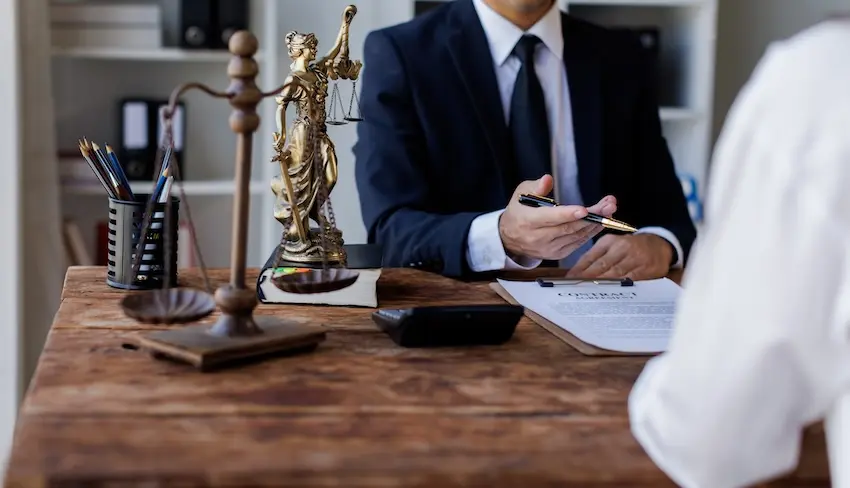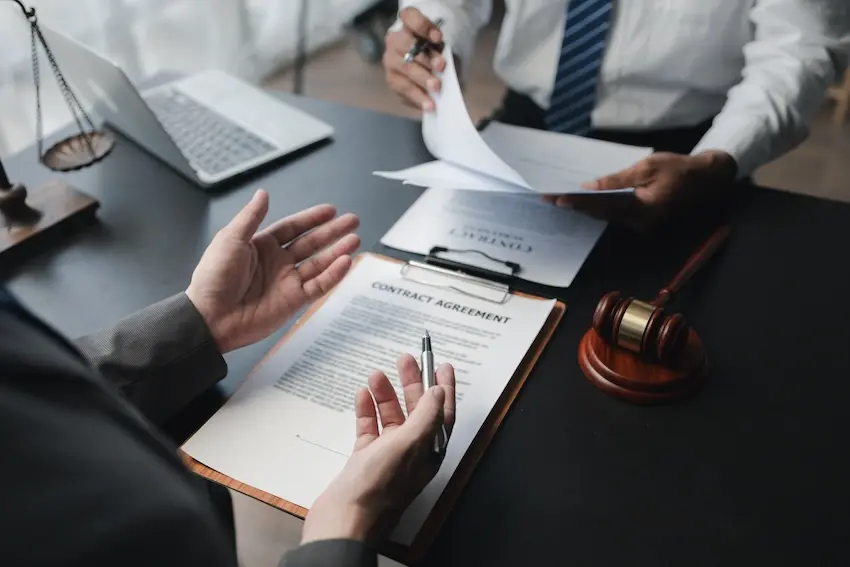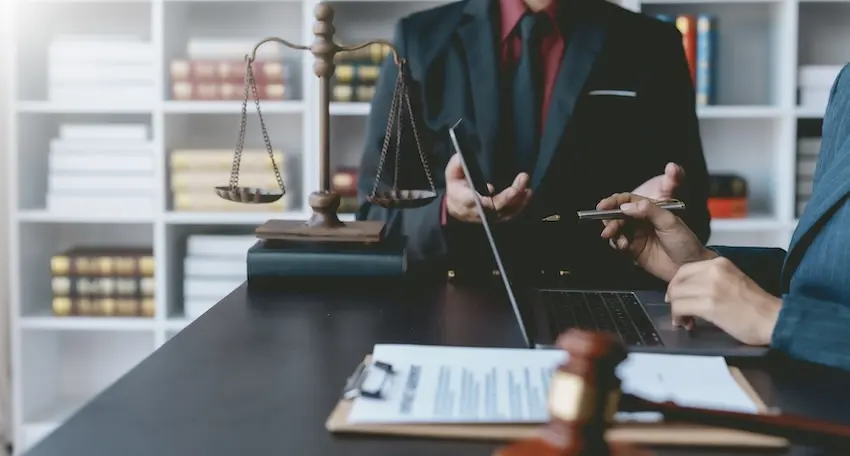Understanding Settlement Offers: Why the First Offer Is Rarely the Best
After a car accident in Georgia, insurance companies often move quickly to present a settlement offer. At ATL Metro, we understand how overwhelming this can feel, especially when you are dealing with medical bills, lost wages, and the stress of recovery. Our legal team wants you to know why the first settlement offer is almost never the best option for car accident victims.
Insurance companies are for-profit businesses. Their main goal is to pay out as little as possible on car accident claims. When you receive that first offer, it is usually calculated to protect their bottom line—not your financial recovery. Insurance adjusters may seem helpful, but their job is to settle your legal claim for the lowest amount they think you will accept.
The claims process after a car accident in Georgia, typically starts with you reporting the crash and providing basic information. The insurance adjuster will then review the accident reports, medical records, and any statements you provide. They may visit the accident scene or inspect your vehicle damage, but their evaluation is rarely complete or fair at this early stage.
Insurance adjusters use several tactics to keep settlement amounts low. They may question the seriousness of your injuries, downplay your pain, or suggest that your medical expenses are unreasonable. Sometimes, they try to rush you into accepting an offer before you know the full extent of your injuries or future costs. This is especially risky if you have soft tissue injuries, a traumatic brain injury, or other conditions that may not show symptoms right away.
As experienced settlement car accident lawyers, we have seen many injury victims accept initial offers, only to realize later that their medical expenses, lost wages, or need for ongoing treatment far exceed what they received. Once you accept a settlement, you usually cannot pursue further compensation—even if new injuries appear or your condition worsens.
Before you accept any settlement, it is important to speak with an experienced settlement car accident lawyer. Our law firm offers a free case evaluation to help you understand the true value of your car accident claim and protect your legal right to a fair settlement. Let us help you secure the maximum compensation you deserve.
The Risks of Accepting the First Settlement Offer
When you’re recovering from a car accident in, insurance companies may reach out with a quick settlement offer. While it might seem tempting to accept fast money, especially when bills are piling up, there are several serious risks to consider. At ATL Metro, our legal team wants you to understand these risks so you can make an informed decision about your car accident claim.
Incomplete Assessment of Damages
After a car crash, you may not know the full extent of your injuries or damages right away. Many common car accident injuries, like soft tissue injuries, concussions, or even spinal cord injuries, can take days or weeks to show symptoms. If you accept a settlement before you have a complete medical evaluation, you risk missing a settlement for future medical bills, ongoing treatment, or complications from serious injuries.
Insurance companies are aware of this. They often make quick offers before you have time to gather all your medical records, accident reports, and repair estimates. If you settle too early, you may not have the chance to include all your medical expenses, lost wages, or car repairs in your legal claim. This can leave you paying out of pocket for injuries or damages that should have been covered.
Financial Pressure and Insurance Company Tactics
Insurance adjusters know that accident victims often face financial stress after a motor vehicle collision. Medical bills, lost income, and car repairs add up fast. Insurers may use this pressure to their advantage by offering a low-ball settlement, hoping you will accept before realizing the true value of your car accident case.
A quick settlement may seem helpful in the short term, but it often doesn’t cover future costs. If you need more treatment, therapy, or time off work, you could be left without the resources to pay for it. Insurance companies count on this, and their first offer is rarely enough to cover all your losses.
Permanent Waiver of Legal Rights
When you accept a settlement offer, you must sign a legal release. This document permanently waives your legal right to seek further compensation, even if your injuries get worse or new problems arise. Many accident victims have accepted initial offers, only to find out later that their injuries were more serious than they first thought. At that point, they cannot pursue more compensation, no matter the cost of their ongoing care.
Our lawyers have seen real cases where clients who accepted early offers ended up with significant out-of-pocket expenses for additional surgeries, therapy, or lost wages. Once you sign the release, the insurance company has no further obligation to pay.
At ATL Metro, our experienced settlement car accident lawyers always advise clients to wait until they fully understand their injuries and damages before considering a settlement. Our legal team can help you gather the necessary evidence, assess your long-term needs, and fight for the maximum compensation you deserve. If you have questions about a settlement car accident lawyer or need a free case evaluation, reach out to our legal team today.
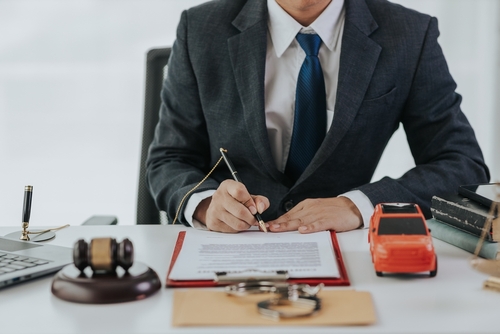
What Should a Fair Settlement Cover?
A fair settlement after a car accident should address every loss you have suffered, both now and in the future. At ATL Metro, our experienced settlement car accident lawyers work to make sure no detail is overlooked. Insurance companies often focus on quick, low offers, but our legal team focuses on securing full financial recovery for our clients.
Medical Bills and Ongoing/Future Treatment Costs
Medical expenses are usually the largest part of any car accident claim. This includes emergency room visits, hospital stays, surgeries, follow-up appointments, physical therapy, prescription medications, and any necessary medical equipment. For serious injuries or catastrophic injuries like spinal cord injuries or traumatic brain injuries, you may need ongoing care or future treatment. Our legal team gathers all your medical records and consult with medical professionals to estimate these future costs, so you do not end up paying out of pocket later.
Lost Wages and Diminished Earning Capacity
If your injuries keep you from working, your settlement should include lost wages. This covers the time you missed from work right after the car crash and any future earnings you might lose if you cannot return to your previous job. Some accident victims experience a permanent reduction in their ability to earn a living, and a fair settlement must reflect this loss.
Property Damage (Vehicle Repair or Replacement)
A settlement should pay for the repair or replacement of your vehicle and any other damaged property. Our lawyers review accident reports, repair estimates, and insurance coverage to make sure you receive the full value for your car repairs or replacement.
Pain and Suffering, Emotional Distress, and Non-Economic Damages
Injury victims often experience physical pain, emotional distress, and loss of enjoyment of life. These non-economic damages are real and should be included in any fair settlement. We use our experience as settlement car accident lawyers to calculate a reasonable value for these losses, taking into account the severity of your injuries and their impact on your daily life.
Permanent Disability or Catastrophic Injuries
If a car accident leads to permanent disability, partial or complete paralysis, or other life-changing injuries, your settlement must account for future care, home modifications, and the impact on your independence. These cases require careful calculation and strong advocacy to ensure you receive a fair settlement.
Wrongful Death Claims and Compensation for Fatal Accidents
In the tragic event of a fatal accident, surviving family members may pursue wrongful death claims. A fair settlement should cover funeral expenses, loss of financial support, and the emotional suffering of those left behind.
The Negotiation Process: How to Respond to a First Offer
Facing an insurance company’s first settlement offer after a car accident can feel confusing and stressful. At ATL Metro, our lawyers help car crash victims understand their legal rights and guide them through every step to secure a fair settlement. Here’s what you need to know about the negotiation process and how to respond when the insurance adjuster makes that initial offer.
How Negotiations Work with Insurance Companies
Negotiations with insurance companies usually begin after you file your car accident claim and submit supporting evidence. The insurance adjuster reviews your medical records, accident reports, and other documentation before making an initial offer. This first offer is almost always lower than what your case is truly worth.
To respond, your settlement car accident lawyer will draft a demand letter. This letter outlines your injuries, lists your medical bills, lost wages, property damage, and any pain and suffering you’ve experienced. It also states the amount you believe is a fair settlement. The insurance company will review your demand, possibly make a counteroffer, and the negotiation process continues from there.
Negotiations often involve several rounds of offers and counteroffers. Your experienced settlement car accident lawyer will handle all communication, push back against low-ball offers, and keep you updated. While some car accident settlements in Georgia can resolve in a few weeks, others may take several months, especially if the injuries are serious or the insurance company disputes liability.
The Value of Evidence
Strong evidence is the foundation of a successful car accident case. Medical records, accident scene photos, police reports, and vehicle damage estimates all play a critical role. These documents show the extent of your injuries and losses, making it harder for insurance companies to minimize your legal claim.
Our legal team may also work with medical and financial experts to project the cost of future treatment or lost earning capacity. This helps ensure your settlement covers not just your current medical expenses but also any ongoing needs.
We encourage all accident victims to keep detailed records and gather as much evidence as possible after a car accident. The more information you have, the stronger your position during negotiations.
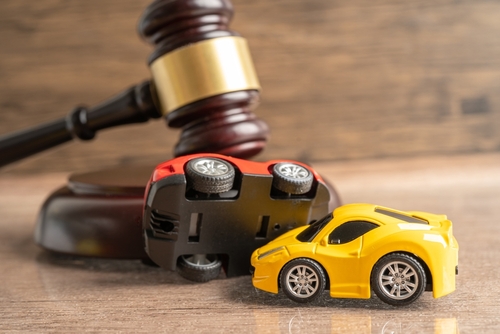
Why You Need an Experienced Settlement Car Accident Lawyer
Dealing with the aftermath of a car accident can feel overwhelming, especially when insurance companies are quick to offer a settlement that may not cover all your losses. At ATL Metro, our lawyers understand what you are going through. Having an experienced car accident lawyer on your side can make a significant difference in the outcome of your case.
Maximizing Your Financial Recovery
Insurance companies often try to settle car accident claims for as little as possible. They may not consider the full extent of your injuries, future medical bills, lost wages, or the impact on your quality of life. An experienced settlement car accident lawyer will thoroughly evaluate your car accident case, including all medical expenses, car repairs, and non-economic damages like pain and suffering.
Our legal team knows how to identify every potentially liable party and all available insurance coverage. Our lawyers gather evidence, consult with medical experts, and use accident reports to build a strong case. By leveraging our knowledge of personal injury law, our lawyers negotiate with insurance adjusters to pursue maximum compensation for you. If the insurance company refuses to offer a fair settlement, our lawyers are prepared to file a car accident lawsuit and fight for your legal rights in court.
Protecting Your Legal Rights
Mistakes during the legal claims process can cost you thousands of dollars. Georgia follows the modified comparative negligence rule, which means your settlement can be reduced if you are found partially at fault for the accident. Our experienced settlement car accident lawyers understand these rules and can help protect your legal claim from being unfairly reduced or denied.
Our lawyers help you avoid common pitfalls, like making statements that can be used against you or accepting a low settlement before you know the full extent of your injuries. The threat of a lawsuit from a respected law firm often pushes insurance companies to make better offers, knowing lawyers are ready to take your case to trial if needed.
No Upfront Costs: The Contingency Fee Advantage
At ATL Metro, our lawyers represent car accident victims on a contingency fee basis. This means you pay no lawyer fees unless our lawyers recover a settlement for you. There are no upfront costs, and your initial consultation is always free. We want you to focus on healing while our lawyers handle the legal claims process and fight for your financial recovery.
Settlement vs. Trial: Pros and Cons
After a car accident, you may wonder if you should accept a settlement or take your case to trial. Both options have clear advantages and disadvantages. At ATL Metro, our lawyers help car accident victims weigh these choices based on their unique situation and the facts of their car accident claim.
| Settlement | Trial
|
|---|---|
| Faster resolution and immediate payment | Potential for a higher settlement |
| Less stress and uncertainty | Longer process and possible appeal |
| Guaranteed outcome | No guarantee of success |
| Waiver of future legal claims | Opportunity to revisit if new evidence arises |
When Settlement Makes Sense for Car Crash Victims
Settlements are common in most car accidents. They usually mean you receive a settlement more quickly, which can be important when you face medical bills, lost wages, or car repairs. Settling a car accident case also means less time spent dealing with legal procedures and less emotional stress for you and your family.
Insurance companies often prefer to settle, and with help from an experienced settlement car accident lawyer, you can negotiate for a fair settlement. This approach works well when the facts are clear, your injuries are well-documented, and the insurance coverage is enough to address your losses.
When Pursuing a Car Accident Lawsuit May Be Necessary for A Fair Settlement
There are times when a fair settlement is not possible. If the insurance company refuses to offer enough to cover your medical expenses, lost wages, or pain and suffering, filing a car accident lawsuit may be the only way to pursue full compensation. This is especially true in cases of serious injuries, catastrophic injuries, or wrongful death claims.
A trial can result in a higher award, but it comes with risks. Trials take longer, involve more stress, and there is no guarantee of success. However, sometimes going to court is the only way to hold the at fault driver and their insurance company accountable.
At ATL Metro, our legal team will review your case, explain your options, and help you make the best decision for your financial recovery. Whether you settle or go to trial, our lawyers are committed to securing the maximum compensation for you and your family.
Common Mistakes to Avoid When Dealing with Insurance Companies
Dealing with insurance companies after a car accident can be stressful and confusing. Our legal team has seen many car accident victims make avoidable mistakes that cost them fair compensation. Here are the most common pitfalls to watch for if you are considering a settlement after a car crash.
Rushing to Accept the First Offer Without Full Evaluation
Insurance companies often make quick settlement offers hoping you will accept before understanding the true value of your car accident claim. Many accident victims feel pressured to take the first offer because they need money for medical bills or car repairs. However, this first offer is usually much lower than what your case is worth. It is important to wait until you have a complete medical evaluation and know the full extent of your injuries before agreeing to any settlement.
Failing to Account for Future Medical Expenses or Lost Income
Some injuries from a car accident, like soft tissue injuries or traumatic brain injury, may not show symptoms right away. If you settle too soon, you may not get money for future treatments, physical therapy, or lost wages if you cannot return to work. Always consider how your injuries might affect you in the months and years to come. An experienced settlement car accident lawyer can help estimate these future costs and include them in your car accident lawsuit or settlement.
Ignoring or Misunderstanding the Fine Print in Legal Settlement Agreements
Settlement agreements with insurance companies are legally binding. By signing, you may give up your legal right to pursue more compensation, even if you later discover your injuries are worse than you thought. Always read the agreement carefully. If you do not understand the terms, have an experienced settlement car accident lawyer review the documents before you sign.
Underestimating the Value of Non-Economic Damages
Insurance adjusters may focus only on your medical bills or property damage. But you may also be entitled to compensation for pain and suffering, emotional distress, or loss of enjoyment of life. These non-economic damages can be significant, especially in cases involving serious injuries or catastrophic injuries. Make sure your settlement demand includes every way the car accident has affected your life.
What to Do If You’ve Been in a Car Accident
A car accident can leave you shaken and unsure of your next steps. At ATL Metro, we want to make sure you protect your health, your legal rights, and your financial future. Here is what you should do after a car crash.
Immediate Steps: Seek Medical Attention, Document the Accident Scene, File a Police Report
Your safety comes first. Always check for injuries and call 911 if anyone is hurt. Even if you feel fine, seek medical attention as soon as possible. Some common car accident injuries—like soft tissue injuries or traumatic brain injury—may not show symptoms right away. Medical records from your visit will also support your car accident claim.
If you can, document the accident scene. Take photos of your vehicle damage, the accident scene, and any visible injuries. Exchange insurance and contact information with the other driver. Gather contact details of any witnesses. Never admit fault at the scene.
You must file an official police report if there are injuries, fatalities, or significant property damage. The Police Department will provide an accident report, which is a key piece of evidence for your car accident case.
Contacting an Experienced Car Accident Attorney for a Free Legal Consultation
After you have received medical attention and reported the accident, reach out to an experienced settlement car accident lawyer. Insurance companies may try to settle quickly, but their first offer is rarely fair. Our legal team at ATL Metro offers a free case evaluation to discuss your situation and explain your options.
An experienced attorney can review your medical expenses, lost wages, vehicle damage, and other losses. our lawyers will help you understand the legal claims process, gather the right evidence, and deal with insurance adjusters. Our goal is to secure maximum compensation for all accident victims.
Protect Your Legal Rights and Financial Future
At ATL Metro, our legal team sees firsthand how insurance companies try to settle car accident claims quickly and for as little as possible. The first settlement offer is rarely enough to cover your full medical bills, lost wages, property damage, and pain and suffering. Accident victims often accept these quick offers because of financial stress or lack of information. Unfortunately, this can leave you responsible for costs that should be covered by the at fault driver’s insurance.
Our legal team of experienced settlement car accident lawyers urges you to take time before making any decisions. Insurance companies use tactics that benefit their bottom line, not your recovery. Their first offer may not account for ongoing treatment, future lost income, or non-economic damages like emotional distress. Once you accept, you waive your right to pursue further compensation—even if new injuries or expenses arise later.
A fair settlement should reflect the true impact of your car accident. This means considering all current and future medical expenses, lost earning potential, and the personal toll of serious injuries. It’s important to have a legal team that knows how to calculate these damages and push back against low-ball offers. Our settlement car accident lawyers have helped countless accident victims recover maximum compensation, even when insurance companies insisted their first offer was “final.”
Protect your financial future and your right to fair compensation. Before you sign anything, reach out for a free case evaluation with our legal team. Our lawyers are here to fight for car crash victims and ensure you get the settlement you truly deserve.
Ready for a Free Case Evaluation? Contact Our Settlement Car Accident Lawyers
Our legal team offers a free initial consultation to discuss your car accident claim and answer your questions. Our lawyers will review your accident reports, medical records, and insurance coverage to identify all potentially liable parties. Our car accident lawyers work on a contingency fee basis, which means you pay no lawyer fees unless we secure compensation for you.
Car accident victims often feel pressured to accept the first offer, but our experienced lawyers can help you understand the real value of your case. Our lawyers have helped crash victims recover compensation for common car accident injuries, property damage, pain and suffering, and even wrongful death claims. Our goal is to help you achieve a fair settlement or, if necessary, fight for your legal rights in court.
If you are unsure about the next steps after a car wreck, reach out to our law firm by calling us 864-894-2045, or filling out our online form. Our lawyers will answer your questions, explain your legal rights, and guide you through the legal claims process. You do not have to navigate this alone. Contact ATL Metro today and let our experienced car accident lawyers help you pursue the financial recovery you need to move forward.
source https://atlantametrolaw.com/should-i-accept-the-insurance-companys-first-settlement-offer/
